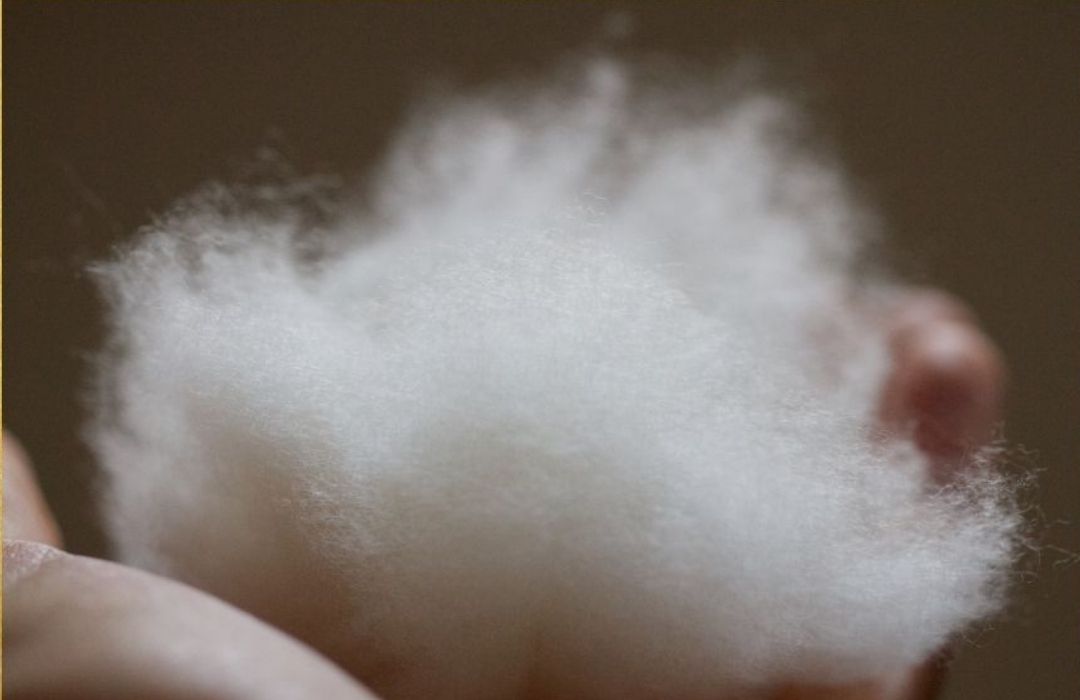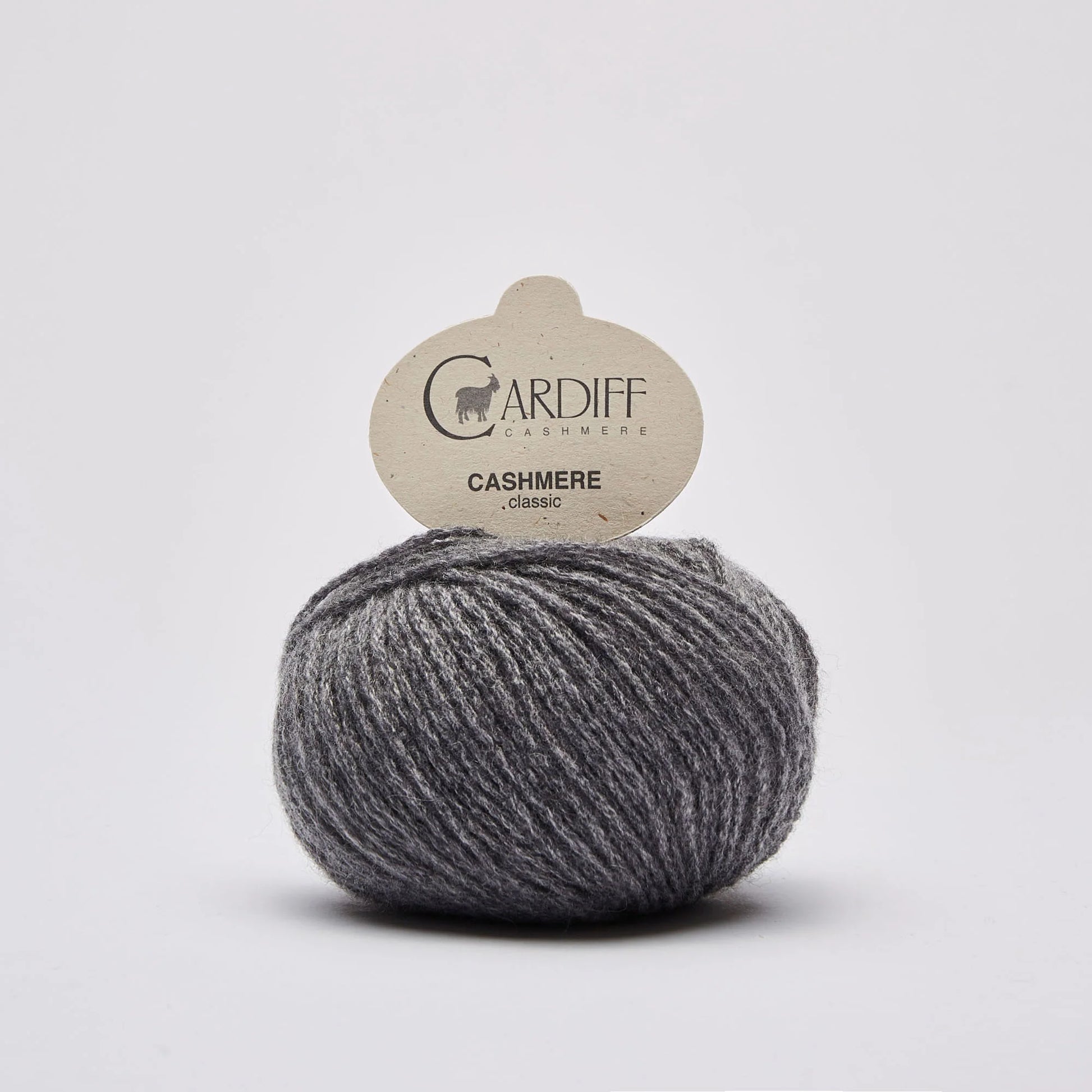Reasons You Should Require Cashmere a Natural Fiber for Convenience and Elegance in Everyday Put On
In the realm of fabrics, few fibers match the high-end and comfort of cashmere. This unique material, recognized for its exceptional softness and insulation, provides unmatched comfort and style for daily wear. What establishes it apart from various other fibers? Just how does it influence the environment and just how does it contrast to artificial choices? Exactly how can one best make use of cashmere to boost their design? These appealing concerns lay the foundation for an informing expedition right into the globe of cashmere.
Recognizing the Extravagant Nature of Cashmere

Reviewing the Convenience Variable of Cashmere Garments
Cashmere's distinct fiber structure permits for breathability, managing temperature and preventing getting too hot. Cashmere's hypoallergenic properties also contribute to its comfort, making it a perfect selection for delicate skin. In significance, the comfort of cashmere is obtained from its soft qualities, breathability, resilience, hypoallergenic nature, and flexibility.

The Environmental Impact and Sustainability of Cashmere
While the convenience and elegance of cashmere are most certainly appealing, it's similarly essential to consider its connection with the setting. Cashmere manufacturing, largely in Mongolia and China, involves raising cashmere goats, which can considerably strain delicate grassland environments as a result of overgrazing. This can bring about desertification, a pushing ecological worry. The processing of cashmere, entailing cleaning and dyeing, can also contribute to water pollution if not properly managed. However, efforts are being made to establish sustainable cashmere production techniques, such as rotational grazing and cleaner processing techniques. Therefore, while cashmere has ecological influences, its sustainability mainly depends upon production techniques.
Comparing Cashmere to Artificial Fibers: A Cost-Benefit Analysis
In spite of its environmental challenges, cashmere provides a reference distinct collection of advantages over synthetic fibers. Cashmere's natural fibers provide unparalleled soft qualities and heat, converting right into convenience that synthetic fibers have a hard time to match. Unlike synthetic fibers, cashmere doesn't add to microplastic air pollution, making it an extra sustainable choice.
Styling Tips With Cashmere for Everyday Elegance
Having actually taken into consideration the cost-benefit evaluation of cashmere contrasted to synthetic fibers, it comes to be clear why this luxurious product is a preferred choice for many. When styling cashmere for everyday sophistication, simpleness is crucial. A cashmere sweater, as an example, can be coupled with tailored trousers or a smooth skirt for an elegant, put-together look - cashmere fibre. For an extra laid-back set, a cashmere cardigan put on over a basic t-shirt and pants exudes simple and easy design. Accessories can additionally elevate the appearance: a statement locket or scarf can include a pop of color to a neutral cashmere item. Ultimately, the integral beauty of cashmere makes it a functional enhancement to any wardrobe, easily additional resources improving day-to-day attire with a touch of deluxe.

Verdict
In recap, the amazing homes of cashmere make it a valuable enhancement to any type of wardrobe. Its luxurious feeling, breathability, comfort, and adaptability to differing temperatures are unrivaled. Furthermore, cashmere's sustainability and reduced ecological effect contrasted to synthetic fibers better improve its allure. The timeless style of cashmere, incorporated with its flexibility, includes refinement to everyday wear. Spending in cashmere garments is a beneficial choice for design, sustainability, and comfort.

Comments on “The Intriguing World of cashmere: Understanding Its Material and Uses”